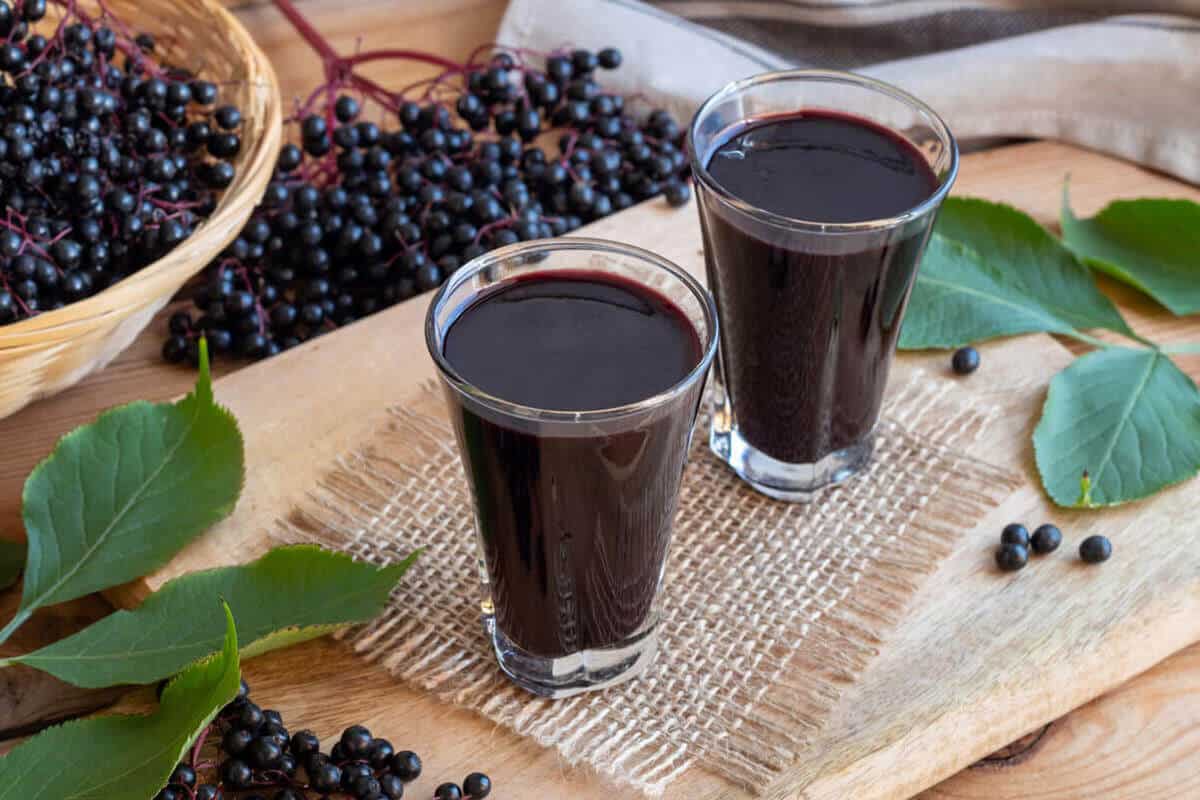
Light therapy, dietary supplements, and exercise, can help you to reduce your risk of SAD or help to manage symptoms.

Light therapy, dietary supplements, and exercise, can help you to reduce your risk of SAD or help to manage symptoms.

Dietary components such as fiber, polyphenols, probiotics, and polyunsaturated fatty acids from fish oil have all been found to benefit the microbiome.

Make an effort to balance your time between activity, rest, and sleep to create balance and avoid fatigue.

Because of its antioxidant and immune-boosting properties, elderberry can be beneficial in boosting immune function and treating cold and flu symptoms.

Currently, only a small number of fibers have been classified as prebiotics, while many others have demonstrated prebiotic actions.

Hot flashes may be addressed with certain dietary supplements, including vitamin E, isoflavones, and evening primrose oil.

In this webinar, Dr. Alan Christianson, NMD talks about the behind the scenes story about your liver and metabolic rate.

Aside from the common cold, echinacea is also used topically for other reasons—such as to heal wounds and to treat dry, itchy skin.

The low-FODMAP diet is a dietary intervention restricting foods containing highly fermentable oligosaccharides, disaccharides, monosaccharides, and polyols.